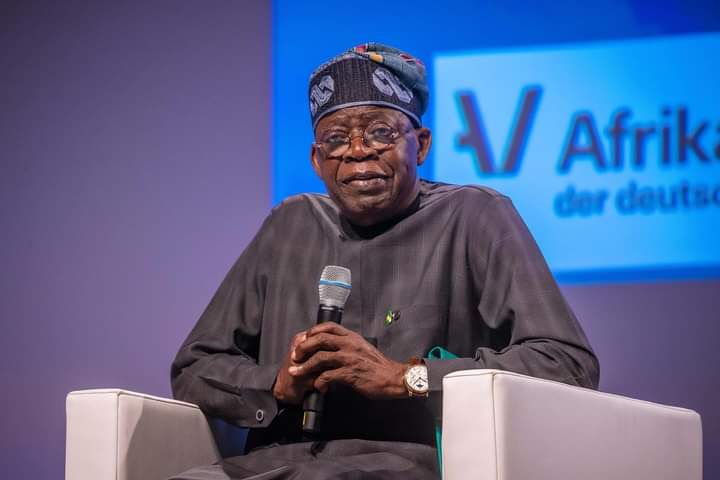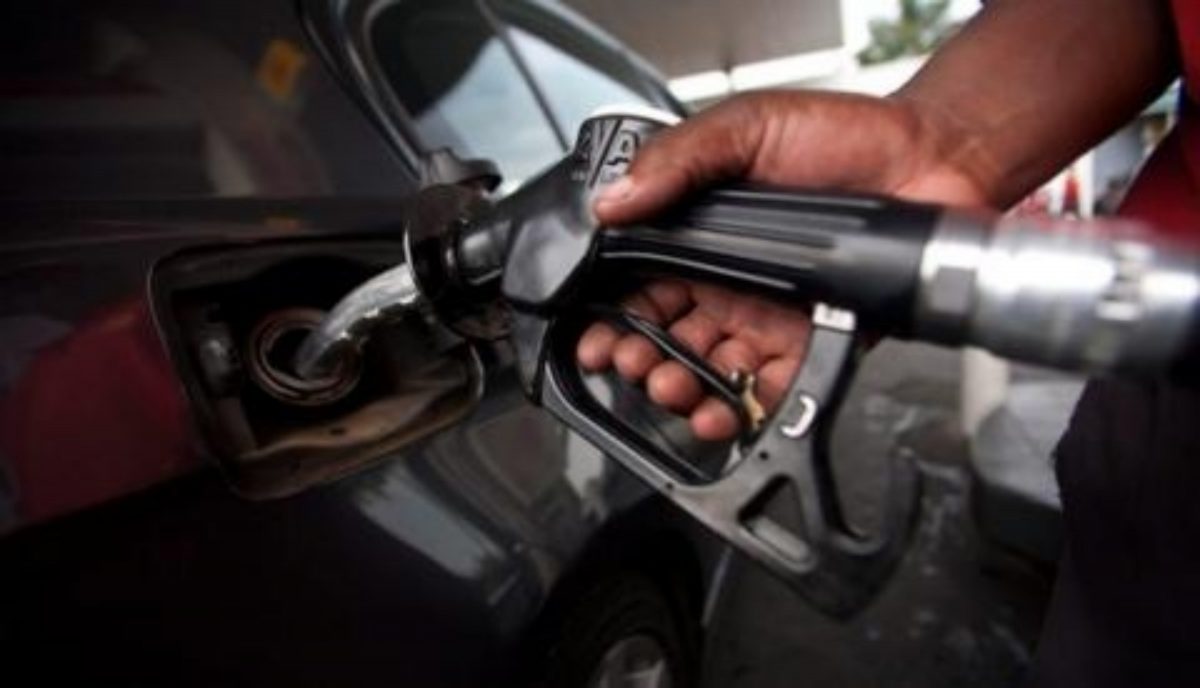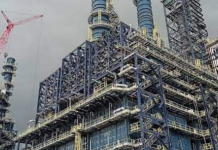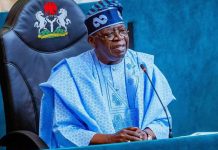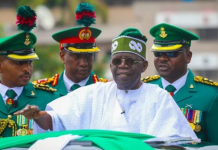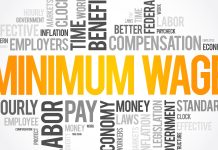This week last year, two things were enthroned in the Nigerian political space. One was the man, Bola Tinubu, who was sworn in as the president. The other was the myth of the man as a headhunter endowed with a unique instinct for sourcing the right talent and an astute administrator. So much was this idea of Tinubu as administrative capacity believed that his supporters were sure he would—to use the language of former Abia state governor Orji Kalu—forward Nigeria to all forwardness. Well, it is one year now, and we might as well start asking how that myth has fared.
Let me digress here to point out that two kinds of people propagated the myth of Tinubu’s governing capacity. In one category are those you might call the Know-No-Betters. These are those who have never seen—let alone lived in—a properly functioning city and therefore have no frame of comparison when they were told Tinubu would build Nigeria as he built Lagos. They could be beguiled by the travesty of Lagos, a city where property value costs a fortune but cannot even boast of something as basic as potable water because that is the height of their experience. Even when they see the seedy sides of Lagos, their desperation for an idol to worship pushes them to willingly blind themselves to reality by eagerly gorging on glossy photoshopped images of Eko Atlantic. When you can self-soothe with the visuals of utopia, dystopia becomes livable.
Then there are the Dishonest-Know-Betters—the people whose lives and livelihoods depend on peddling lies, distortions, sentiments, and blatantly voiced falsehoods. They have experienced functional societies so they know what we have is subpar but they still tell you it is sufficient. Nigeria’s future does not concern them because they have built a safe house elsewhere where they and their children will forever be untainted by the rottenness of the country.
So, how has the myth of Tinubu as a savvy administrator held up? Well, two separate policies might best illustrate how they have conducted themselves in office so far. On May 29, 2023, Tinubu pronounced the three words that immediately unleashed hardship on Nigerians who had already endured hell under the Muhammadu Buhari administration: subsidy is gone. Now, the issue is not that he removed the subsidy—that was already expected—but he was haphazard about such a significant step.
Here is why: about a month after that pronouncement, he announced that he could announce the decision because he was under the influence of some “spirits.” Please think about that for a moment. The President of the Federal Republic of Nigeria made a decision that would affect the lives and livelihood of millions of people, not because he had sat down and worked out a policy agenda with an economic team, but because he was pushed by some voices in his head? Wow!
If it was some “spirits” that took possession of him and forced the words out of his mouth, it means there was no thorough planning to see how the fuel subsidy removal would work, how to mitigate the resultant suffering, and how to assess if their programme was working. Even worse, it means he cannot fully take responsibility for the fallouts of such a programme since it originated from some forces. Whatever pain and hardship you will experience due to his policy decision is not for him to bear. After all, he only acted under some supernatural influence when he pronounced the policy into effect. That too is worth ruminating over: the man some people convinced themselves would turn Nigeria into a Dubai does not plan.
Then came this year when the same administration that told us that the fuel subsidy that helped to attenuate the economic reality was a waste also approved a whopping N90bn to subsidise the hajj pilgrimage. Again, this is worth a reflection: the man saw Nigerians groan in pain from his fuel subsidy removal and grovelled for help, but looked away. They insisted on delivering the hard shocks because the subsidies were supposedly a waste of resources. They offered “palliatives” instead. Their efforts in this direction were so poorly thought-out and poorly organised that they reversed the plan. So, while they had no answer for the pain of the generality of Nigerians and resolutely watched people suffer, they had no qualms catering to a tiny segment of the population embarking on something as privileged as a religious pilgrimage.
What is worse than Tinubu paying N90bn on the hajj this year is that he has to pay it next year, and the year after, and continue like that, especially as his second term election approaches. If he fails to sustain it, the Muslim population whose vote he is targeting through the humongous expense will not forgive him. Worse still, they would have forgotten what he paid in 2024. He has to keep up the spending. Given the Nigerian penchant to turn virtually any initiative into an avenue to siphon public funds, do not be any surprised if that N90bn starts ballooning yearly. You assess the situation he got himself and long-suffering Nigerians into, and wonder how a man who was so mythicized could unravel that quickly. When it came to administering pain and shock, Tinubu was possessed with the spirits of “courage” and “freedom” as he gayly put it. When it came to standing up to religious and ethnic sentiments, his pandering revealed those spirits as “cowardice” and “economic bondage.”
But that is not only where the legion spirits of indecisiveness have possessed the man. First, he took forever to assemble a cabinet even though he won the election in March. He had enough time to decide on a team; he just took it for granted. By the time he unfolded his team, there was initially some confusion over who had made the list. When the final list was unfolded, it was anything but inspiring. Even some of his supporters who had boasted that he knows how to look for the best people were disappointed by how many of those nominated were recycled from the garbage cans of the past administration. To think they even expanded the cabinet just to take some clowns on board.
He signed the Student Loan Act into law, but they later withdrew it with the promise to return. Till now, they are still fumbling through the launch. He recalled ambassadors from their posts, but it turned out that he had no plans in place to replace them. He also proposed the Green Tax but had to reverse it when the introduction turned out to be ill-timed. Then there were the Import Tax Adjustment Levy, Expatriate Tax, and the Cybersecurity Levy that were introduced but needed to be reversed. He will probably go down in history as the president with the most reversed policies in the history of governance at the rate he is going. Even the construction Lagos-Calabar highway, announced with fanfare, had not been fully thought through. Then the blatant and needless lies such as the UAE visa ban and the Maersk affair suggest that they lack any integrity. If they cannot be honest with even the simple things, why should you trust them on the big things?
Plot all of these together, and you come up with a solid picture of a man whose administration lacks coordination and takes decisions based on what their hormones (and some spirits, of course) dictate. Tinubu’s myth as an efficient administrator that has always been propped up with media propaganda and self-serving intellectuals has severely unravelled, revealing an unpleasant picture of the man, the myth, and the mediocrity. To think we are going through this after “16 years of the Peoples Democratic Party” and “eight years of Buhari.” Add the past one year, and you see 25 directionless years. God help somebody!

